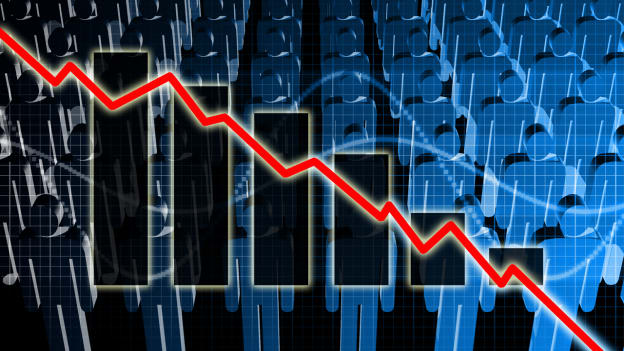Long-term unemployment skyrocketing in the US

Even as the overall unemployment rate in the US falls, dropping to 6.9 percent last month in an indication that the economy is recovering, long-term unemployment is going up. Figures released last week by the US Bureau of Statistics indicate that the number of people who are long-term unemployed—defined as being out of work for 6 months or longer—jumped to 3.6 million, up from 1.6 million in August. This is about 33 percent of the total number of unemployed workers, and means that a very large proportion of those who lost their jobs to the first coronavirus shock in March and April have still been unable to find work.
According to the bureau, the drop in unemployment was mainly caused by furloughed workers being recalled to their jobs, rather than by new job creation. Seasonal hiring, which should usually start picking up around this time as businesses prepare for travel and shopping related to the festive season, is also predicted to be too low to alleviate the issue.
At the same time, the jobs that are created are apparently not on par with those that were lost. Diane Swonk, chief economist at Grant Thornton, was reported saying that the quality of jobs has deteriorated, and that many of those returning to work were actually doing so in part-time jobs.
Economists and researchers have been quoted expressing considerable concern about the long-term unemployment rate, especially with no additional government aid in sight. One report by JP Morgan Chase states that unemployed workers are likely to exhaust their accumulated savings buffer, leaving them in a serious financial hole. Furthermore, long-term unemployed workers have low chances of being able to find a job, with some researchers pointing out that the longer they are unemployed, the less likely they are to ever be re-hired.














